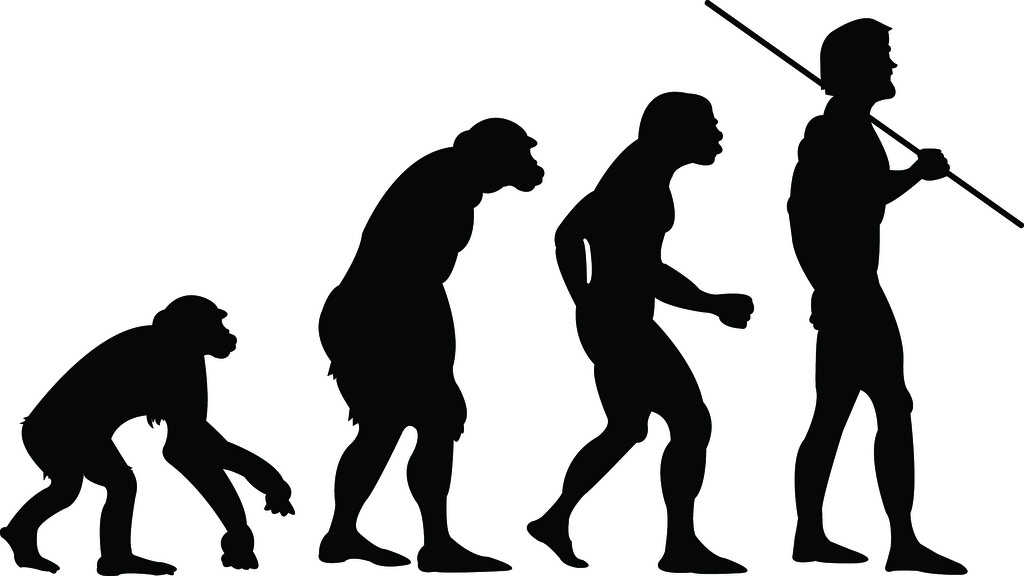New scientific findings published last week might be compelling enough to change popular beliefs surrounding the evolution of species, Phys.org reported.
Prosperity Gospel Preacher: God Wants Me to Have This $54m Private Jet — and He Wants You to Buy It
A genetic survey conducted by scientists Mark Stoeckle from The Rockefeller University in New York and David Thaler at the University of Basel in Switzerland examined five million gene snapshots called “DNA barcodes.” The barcodes, collected from 100,000 animal species, including humans, revealed what came as a shock to the researchers: nine out of 10 species on Earth today — humans included — came into being around 100,000 to 200,000 years ago.
Stoeckle, lead author of the study, explained in the journal Human Evolution that while the popular biological belief is that species with large, long-standing populations (e.g. ants, rats, humans) would become more genetically diverse over time, the reality is that genetic diversity has been “about the same” for hundreds of millennia.
The 100,000 DNA barcodes examined in the study showed a lack of variation in so-called “neutral” mutations — minor changes in DNA across generations that neither help nor hurt a creature’s chances of survival. Like the rings found inside of a tree stump, how similar or not these “neutral” mutations are to each other reveals the approximate age of a species.
“This conclusion is very surprising, and I fought against it as hard as I could,” Thaler told AFP.
Surprising as it was, the overwhelming results were impossible to ignore. The only question that remains — and it’s a rather big question — is how 90 percent of the animal life on Earth is roughly the same age, genetically speaking. In other words, why and how did the vast majority of species emerge at around the same time?
Jesse Ausubel, director of the Program for the Human Environment at The Rockefeller University, suggested environmental disaster as a possible explanation.
“Viruses, ice ages, successful new competitors, loss of prey—all these may cause periods when the population of an animal drops sharply,” Ausubel told AFP, discussing implications of the study. “In these periods, it is easier for a genetic innovation to sweep the population and contribute to the emergence of a new species.”
Another unexpected finding the study reveals is that species have very clear genetic boundaries, and there’s no real evidence of “in-between” species. This is something that perplexed Darwin himself.
“If individuals are stars, then species are galaxies,” Thaler explained. “They are compact clusters in the vastness of empty sequence space.”
“The simplest interpretation is that life is always evolving,” Stoeckle said of the new findings. “It is more likely that — at all times in evolution — the animals alive at that point arose relatively recently.”
(H/T: Phys.org)



